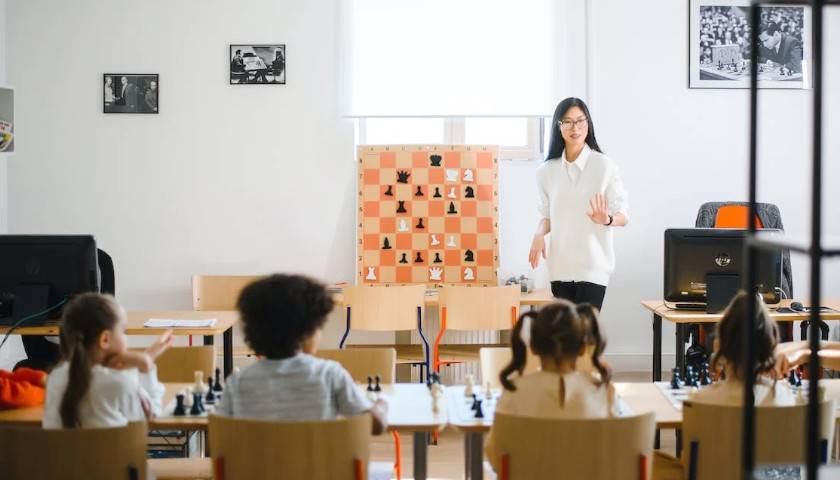by Glenn Minnis
The vast majority of parents in a new State Policy Network poll say public school teachers regularly deviated from set school curriculum to interject their own personal views and feelings over the past year.
In all, two out of every three parents polled in the survey of 2,014 respondents said teachings strayed from what was supposed to be taught, and 25% said they actually had a problem with a public-school teacher on the issue over the last 12 months.
Besides adding their own personal opinions (41%), parents said they found the most common forms of deviation to be teachers not teaching the entire curriculum because they ran out of time (34%), teaching something not on the approved curriculum (32%) and purposely avoiding teaching something on the approved curriculum (25%).
Another 20% of respondents added they feel teachers deviate from teaching what has been approved by making elements of religion part of the daily lesson.
SPN messaging strategist Erin Norman said all the rising tension seems a sign of the times.
“Concerns about curriculum and how teachers present that curriculum aren’t new, but COVID brought a lot of those concerns to the forefront,” she told The Center Square. “The American people have no tolerance for politics in the classroom right now so any stories about politicizing education are troubling.”
Parents who are concerned about the potential politicization of classroom curriculum can become more active in their child’s school, Norman said.
“Having opportunities to come into the classroom to read, volunteer or observe goes a long way to giving parents the confidence that whatever they read about in the news isn’t happening at their child’s school,” she said.
As for taking all the politics out of the classroom and putting the emphasis back on learning, Norman also has a few suggestions.
“Public schools are largely in control of local communities,” she said. “Local school systems have a lot of discretion over what their schools focus on and are usually accountable to locally elected boards. Communities that are not satisfied with the priorities of their schools need to engage with their local boards and schools – there is no shortcut to this community engagement.”
The poll, conducted in partnership with Morning Consult over a four-day period beginning June 14, had a margin of error of 2%.
– – –
Glenn Minnis is a contributor to The Center Square.




